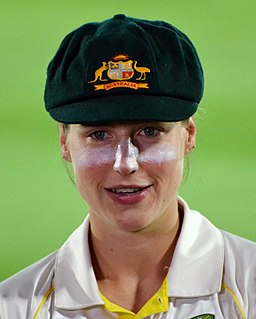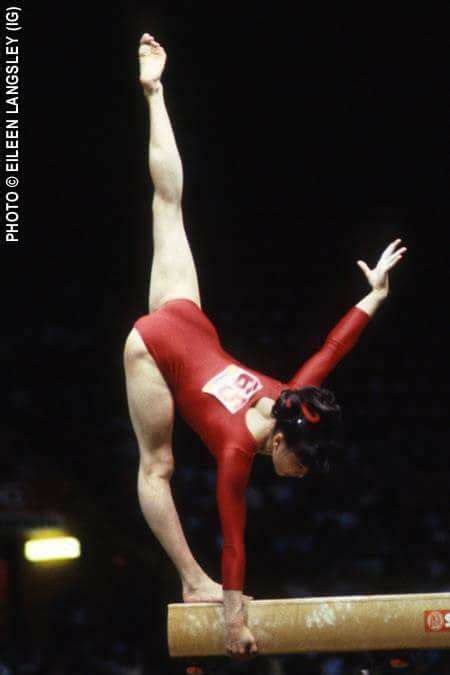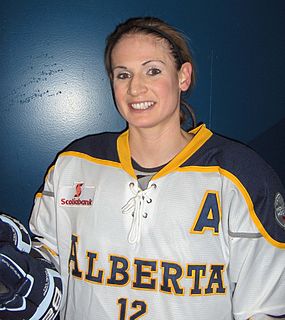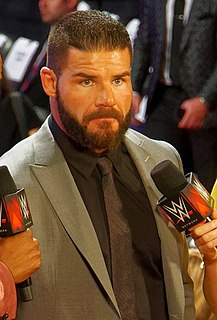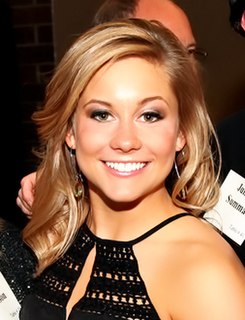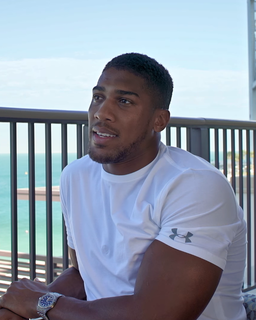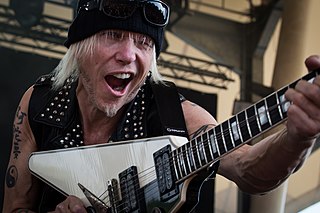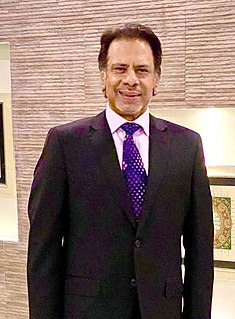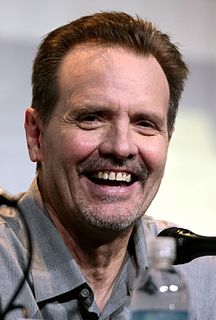A Quote by Ellyse Perry
Put yourself into every situation in training and against every style of bowling, and do that for hours and hours and hours. Then when you get to a match, it's almost instinctive the way you play because you've done it so often in training.
Related Quotes
We have amazing stunt performers and in Miguel Sapochnik, a director who's so good at spending hours and hours and hours on every shot beforehand, so that he knows exactly what he wants when he gets to the battlefield on the day. We only shoot ten-hour days, so you have to pack a lot into those ten hours.
